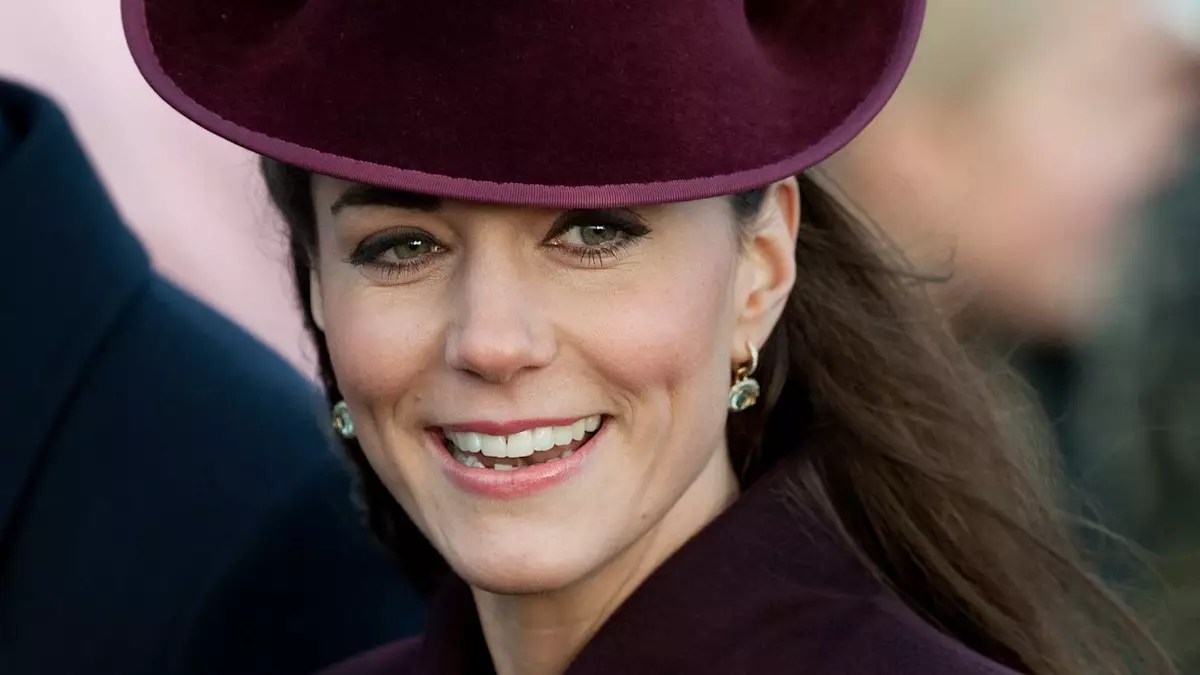In a groundbreaking move that marks a historic first, Kate Middleton, the current Princess of Wales, is set to grant royal warrants this year—a responsibility last held by a Princess of Wales over a century ago, in 1910. As reported by The Times, this significant development stands out as a pivotal shift within the royal family’s engagement with British industry and craftsmanship. By recognizing and honoring companies that have demonstrated excellence and reliability in service to the royal household, Kate not only upholds royal traditions but also seeks to champion British skills and entrepreneurial spirit.
The Significance of Royal Warrants
Royal warrants are prestigious endorsements granted to companies and individuals who provide goods or services to the royal family on a regular basis. Historically, these warrants have been associated with the British royal family, with previous grantors including Queen Elizabeth II and the Duke of Edinburgh. However, it is noteworthy that the late Princess Diana never had the opportunity to issue royal warrants after her marriage to Charles, reflecting an evolving landscape within the monarchy’s relationship with commerce and industry.
The issuance of a royal warrant serves as recognition, a hallmark of quality, and a mark of distinction for the businesses involved. It is entirely at the discretion of the monarch—or in this case, the Princess of Wales—to determine which entities warrant this esteemed endorsement. Currently, there are over 800 holders of royal warrants, and while many of these companies are steeped in British history, it is not a requirement for them to be UK-based or British-owned.
Kate’s Role in Modernizing the Monarchy
Kate, at 43 years old, is stepping into this role at a time when the British monarchy is actively seeking to modernize its image and outreach. Upon recently celebrating her birthday, she received heartfelt tributes from her husband, Prince William, highlighting her strength and dedication over the past year. This personal touch not only emphasizes her commitment to her family but also underscores her significance as a public figure.
By recognizing businesses through royal warrants, Kate has the potential to bridge the gap between tradition and contemporary values, supporting industries that reflect the monarchy’s responsibilities and connections to the British public. This shift could inspire other members of the royal family to actively engage in similar initiatives, contributing to a more dynamic and relatable royal identity.
The decision for the Princess of Wales to grant royal warrants encapsulates an exciting new chapter for the British royal family. It signifies a willingness to engage with and celebrate British craftsmanship and industry while potentially playing a role in revitalizing the monarchy’s public image. As Kate takes on this prestigious duty, she not only honors the legacy of her role but also paves the way for future transformations within the royal family’s relationship with modern British society. By blending tradition with contemporary values, the Princess of Wales is not just a figure of historical significance but a proactive leader in shaping the monarchy’s future.


Leave a Reply